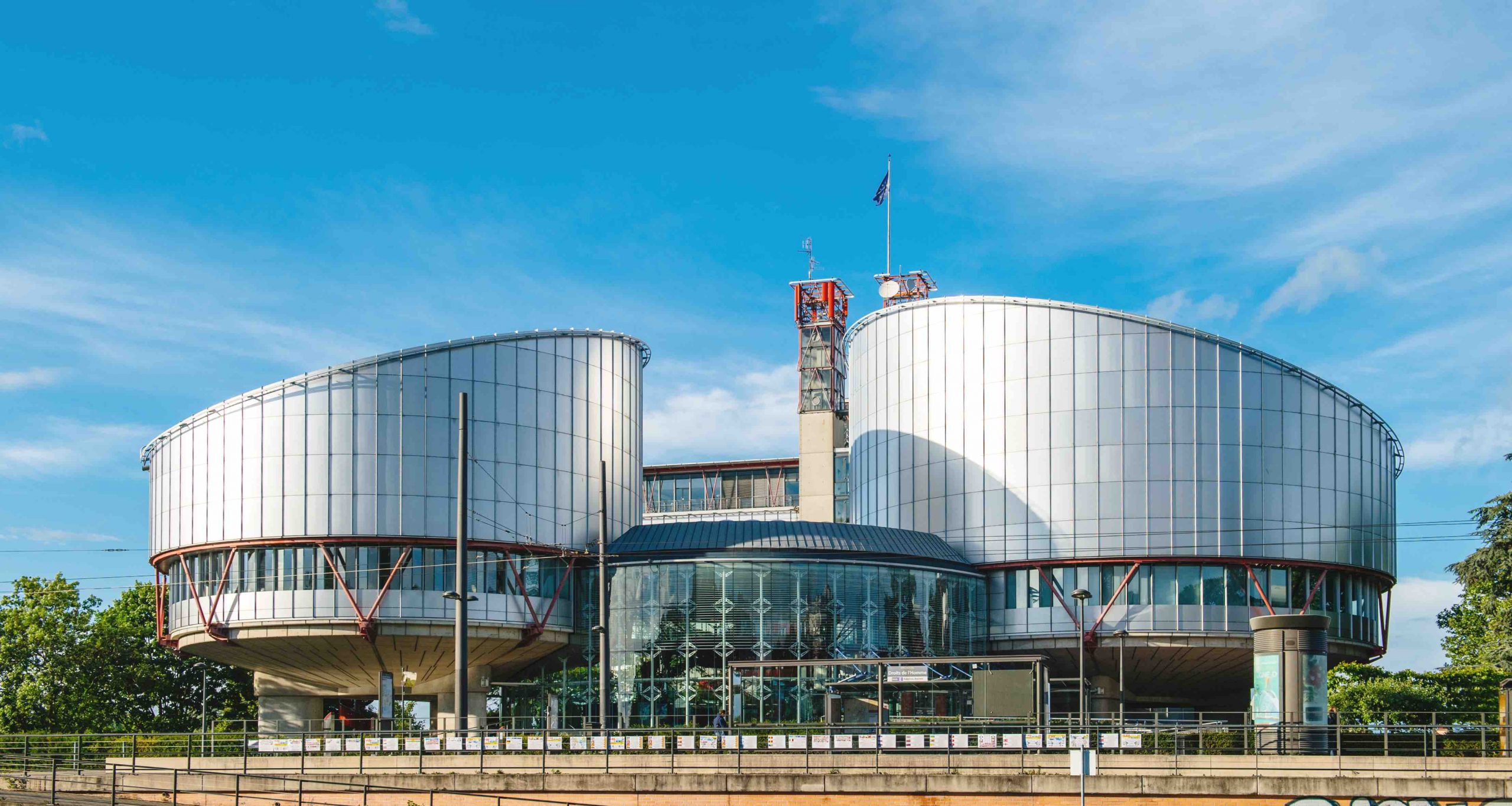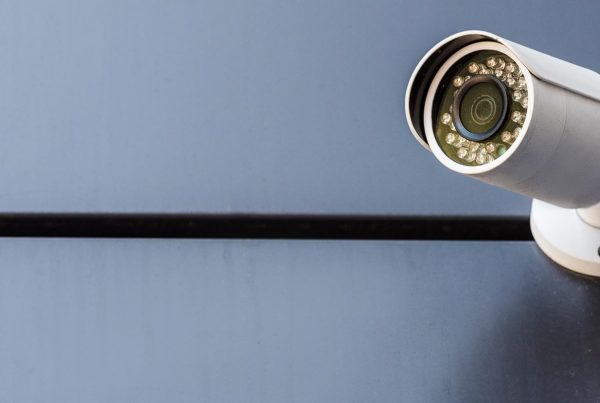Mass surveillance violates international privacy rights and is fundamentally incompatible with the rights to free speech and free association that lie at the heart of strong democracies. This year CCLA and our international partners won a victory when the European Court of Human Rights ruled that the UK’s historical practice of bulk surveillance violated rights to privacy and free expression. But we want to go further. Today, we join the American Civil Liberties Union (ACLU), Amnesty International, Bytes for All, the Egyptian Initiative for Personal Rights, the Hungarian Civil Liberties Union, the Irish Council for Civil Liberties, the Legal Resources Centre, Liberty and Privacy International in appealing that judgement, pushing for the Court to hold that bulk powers can never be justified in a rights-respecting democracy. The laws that allow bulk collection in the UK have global impact, since many of the undersea cables carrying the world’s internet traffic route through that country. For Canadians, that means that messages you send or post, the websites you browse, the places you go and the people you know, information that can be used to create a detailed portrait of your life, can be scooped up indiscriminately using bulk powers. To be clear, there doesn’t need to be any suspicion you’ve done something wrong to have your information caught up in this way—and of course, it’s not just your information, it’s your family’s, your friends’, and everyone else’s that is likely to be captured. There also isn’t much proof that giving up our privacy keeps us safer. To the contrary, there is evidence to suggest that this kind of collection actually hinders or overwhelms, rather than supports, law enforcement or counter-terrorism efforts. It gets worse, because intelligence sharing agreements then allow countries to share this information (although, because such agreements are secret, we don’t know exactly how it works). Canada is a probable participant in these information sharing activities as a member of the Five Eyes Intelligence alliance. We are asking the Grand Chamber of the European Court of Human Rights to hear our appeal, arguing that “the fact that it is now possible for the state to retain private information about the population of a whole nation (or even many nations) … and that retaining such information may be operationally useful, does not justify the intrusion of doing so.” The routine, daily surveillance of billions of communications is unacceptable in a democracy. CCLA and our allies continue to fight.
About the Canadian Civil Liberties Association
The CCLA is an independent, non-profit organization with supporters from across the country. Founded in 1964, the CCLA is a national human rights organization committed to defending the rights, dignity, safety, and freedoms of all people in Canada.
For the Media
For further comments, please contact us at media@ccla.org.





